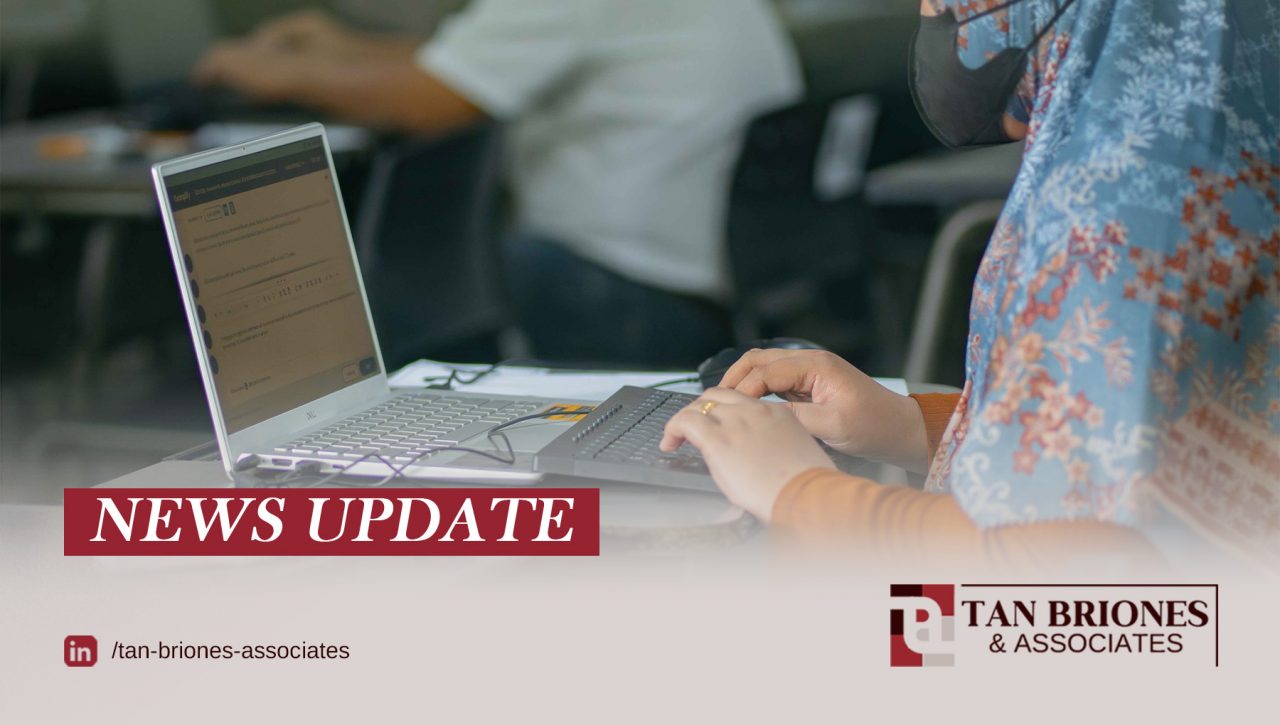
The Supreme Court (SC) has formally adopted electronic and regionalized bar examinations as the standard method for admitting new lawyers in the country.
In a press release on October 17, 2025, the SC announced that the Court En Banc had approved, through a resolution dated August 12, 2025, the 2025 Proposed Amendments to Rule 138 of the Rules of Court (A.M. No. 24-10-05-SC).
According to the SC, the amendments seek to institutionalize a more inclusive, fair, and efficient bar examination system through a secure digital platform and regional testing centers nationwide, which was first introduced in 2022 amid the COVID-19 pandemic.
Under the amended rules, which will take effect on November 3, 2025, bar examinations will be conducted electronically using a secure assessment platform, uniform for all examinees, and administered in English.
The bar exams will be conducted over three days in September at regional testing centers nationwide, covering Political and Public International Law (15%), Commercial and Taxation Laws (20%), Civil Law and Land Titles and Deeds (20%), Labor Law and Social Legislation (10%), Criminal Law (10%), and Remedial Law, Legal and Judicial Ethics with Practical Exercises (25%).
To pass the bar examinations, examinees must obtain a general average of 75 percent in all subjects, unless the Court sets a different passing rate.
The rules also require aspiring lawyers to complete the Clinical Legal Education Program under Rule 138-A, known as the Law Student Practice Rule, as part of their prescribed law degree courses.
The SC emphasized that the move to fully adopt electronic and regionalized bar exams aligns with its Strategic Plan for Judicial Innovations 2022–2027, which seeks to modernize and streamline legal education and admission to the bar.
“Electronic and regionalized testing is now the standard mode of administering the bar examinations,” the SC said, highlighting its commitment to a “technology-driven administration of justice.”
Follow Tan Briones & Associates on LinkedIn for more legal updates and law-related articles.







